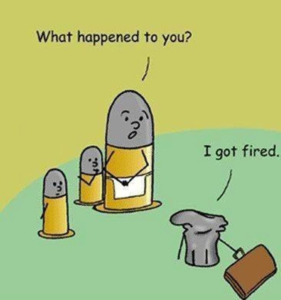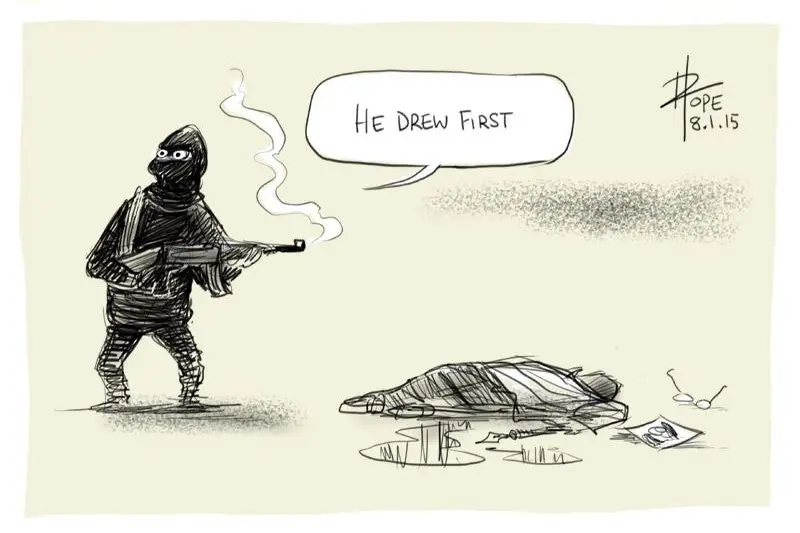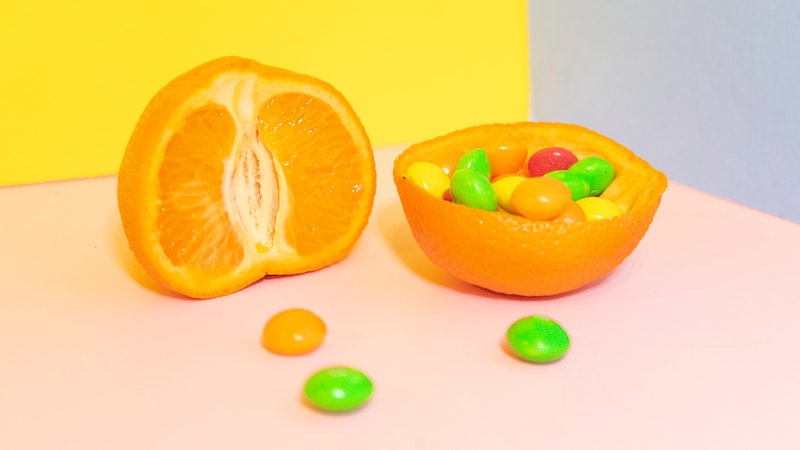Humor Toolkit III
Episode #6 of the course Humor: Science of how to be funny by David Urbansky
Welcome to the last five comedic tools for your toolbox!
Misdirection and Misplaced Focus
As we have learned, laughs can come from surprise; we can achieve this by breaking an assumption the listener has. Take Steve Martin’s cat joke: “I gave my cat a bath the other day. He sat there, he enjoyed it, and it was fun for me too. The fur would stick to my tongue, but other than that it was great.” As listeners, we assume he bathed his cat with water and maybe shampoo, but in the punchline he reveals that he licked the cat clean.
We can also place the focus on something the listener is not expecting. If there is something obvious to make fun of, ignore it and focus on something minor.
Examples:
• “My grandmother started walking five miles a day when she was sixty. She’s ninety-seven now, and we don’t know where the hell she is.” In the beginning, you think the focus is on Grandma walking for her health, but the focus was actually on her walking away for over thirty years.
• “Mother of a dead teen has no one to update her iPhone to the new OS.” This is a dark example of misdirection, because it focuses on the mother’s need to update her phone instead of on the much more important matter of the death of her son [1].
• This clip from Dumb and Dumber.
Degradation
As we’ve learned, superiority is one theory explaining why we think things are funny. Degrading others or cracking self-deprecating jokes can therefore be a strong tool in your comedy toolkit.
Examples:
• Degrading humor is so primal, even our close relatives love it. A chimpanzee named Billie in a Florida laboratory was known for manufacturing his own ammunition using his poo. One day students on a school trip visited the laboratory. Billie waited patiently until some girls dressed in white were within reach before flinging his poop at them; he then laughed madly at the stained teens.
• “It’s garbage day? I can’t believe they dedicated a day to me!” This is self-deprecating humor at its best.
• Pay attention to the audience’s reactions to Eminem’s degrading and even self-deprecating lyrics in 8 Mile.

Wordplay
Wordplay means using words beyond their standard meanings or playing with ambiguities in spelling or sound.
There are lexical ambiguities, where you have multiple meanings for a single word. For example, someone says “I saw her duck.” He could mean that he saw a ball come flying at her and she ducked to get out of the way, or he could mean that she actually has a duck as a pet, and he saw it.
You can have syntactic ambiguities, where an entire phrase can have multiple meanings. For example, if somebody says, “The chicken is ready to eat,” he probably means that you can come and eat the chicken; however, if you want to be funny, you can easily (and grammatically correctly) interpret the phrase as saying that a hungry chicken is sitting at the table and wants to eat. You can see how ambiguities are easy to play with and great setups for puns.
There is even research trying to figure out what makes certain words funnier than others [2,3,4]. Dr. Seuss’s books are full of nonsensical but fun words, such as “yuzz-a-ma-tuzz,” “diffendoofer,” and “sala-ma-goox.” Researchers found the five funniest words in the English language to be “upchuck,” “bubby,” “boff,” “wriggly,” and “yaps.” They even invented an algorithm that can create nonsense words that sound funny, such as “quingel” or “snunkoople.” If you are interested in making up fun words, follow this rule: “[T]he ideal funny word: it is a short, infrequent word composed of uncommon letters that is likely to include one or more specific letter or phonemes (/u/, consonant-le, y, and/or k), with an animate (or animacy-related) referent, especially one that is human and insulting, profane, diminutive, and/or related to good times” [3].
More wordplay examples:
• “It turns out a major new study recently found that humans eat more bananas than monkeys. It’s true! I can’t remember the last time I ate a monkey!”
• “If you jumped off a bridge in Paris you’d be in Seine.”
• “Robot charged with battery”

Satire
Satire is a critical commentary on politics, recent events, or society. It usually involves other ingredients, such as wordplay, hyperbole, character, and parody.
Due to its commentary nature, satire can often be found in newspapers. Since it usually refers to current politics or societal happenings, it can often only be understood in the context of time with knowledge of current affairs. Look at this example referring to the freedom of press crisis from 2005, when a Danish newspaper published caricatures of Muhammad:

Meta-Humor
Meta-humor means making fun of humor itself or being one level above the joke. If you tell a joke and nobody laughs, meta-humor gives you another chance to get a laugh by amusingly acknowledging how bad your joke was and how embarrassing the situation is. This surprising insight, honesty, and self-deprecation can spark laughter.
Examples:
• “An astronaut, a policeman, and a duck walk into a bar. Says the bartender: ‘Is this a joke?’” This is only funny when you understand that many bar jokes have the setup that different people walk into a bar; then comes the punchline. This joke plays with the common setup and turns it into a joke itself.
• The Blues Brothers are funny but always have a straight face. They don’t laugh in funny situations; delivering funny lines without smiling is itself funny.
• Watch this clip to see a fish mess up a joke. Appreciate the irony, given that it’s a clownfish.
Awesome! You have learned 13 different ways to make things funny. Tomorrow we’ll write a joke together!
“It’s always funny until someone gets hurt. Then it’s just hilarious.” —Bill Hicks
Recommended book
The Hidden Tools of Comedy: The Serious Business of Being Funny by Steven Kaplan
References
[2] Humor Norms for 4,997 English Words
[3] Wriggly, Squiffy, Lummox, and Boobs: What Makes Some Words Funny?
[4] How Funny Is This Word? The ‘Snunkoople’ Effect
Share with friends

